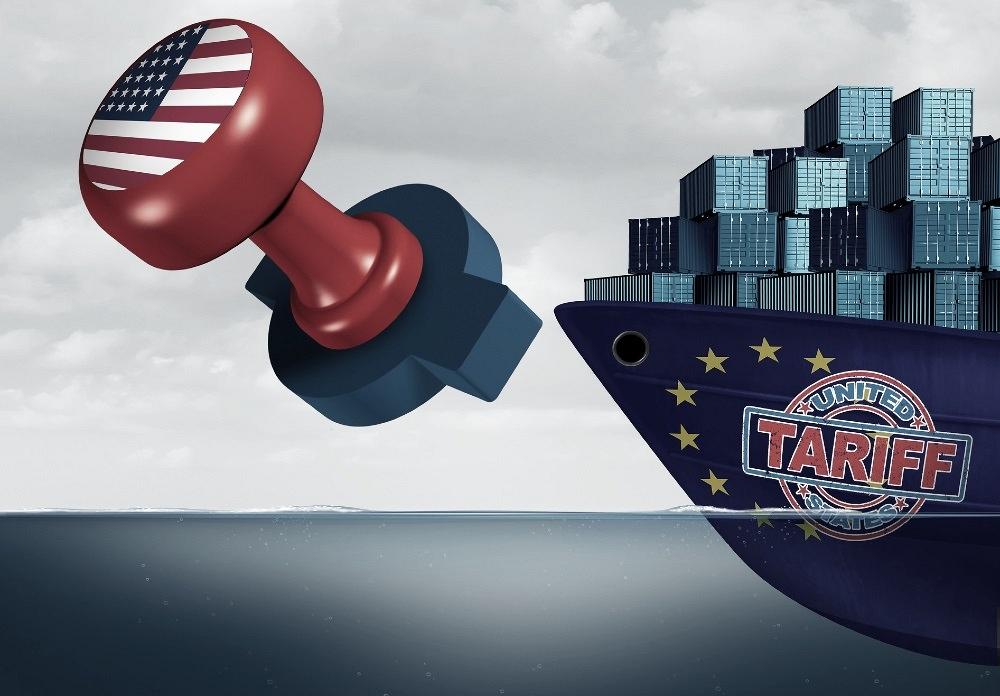United States Trade Representative Katherine Tai, European Commissioner for Trade Valdis Dombrovskis, and US Commerce Department Secretary Gina Raimondo met Oct. 22 to advance negotiations regarding the US Section 232 tariffs on steel and aluminum as the parties face an end-November deadline to reach a resolution.
Work on reaching an agreement continues, Dombrovskis said on Twitter following the meeting. The EU and US have agreed that a deal on steel and aluminum must benefit workers and producers on both sides, Tai said in a statement, also posted to Twitter.
The meeting comes as the G7 trade ministers gathered in London Oct. 22, with Raimondo joining the tariff discussion virtually.
In a joint statement following the G7 meeting, G7 trade ministers said the group affirmed the importance of the OECD’s Global Forum on Steel Excess Capacity to help address the issue of global steel excess capacity in a multilateral framework.
The GFSEC was established in late 2016 at the instruction of leaders from the G20 group of wealthiest nations. The forum aims to gather information and report on the evolution of steel supply and demand conditions, steel production capacity, and government policies that lead to global overcapacity, including subsidies.
“We will continue to support and work with the OECD to build on their excellent work undertaken to date, including a continued focus on the analysis of the incidence and magnitude of market-distorting practices and the impacts these may have on issues such as creating and maintaining overcapacity,” the G7 joint statement reads. “We will step up our efforts in countering these practices, through appropriate tools and levers, and to develop stronger international rules on practices such as market-distorting industrial subsidies and trade-distorting actions by state enterprises.”
The US and EU in May agreed not to escalate the dispute over the metals tariffs for six months in order to negotiate a settlement, with the truce set to end in November.
Former President Donald Trump applied a 25% import tariff on steel products and 10% tariff on aluminum in March 2018 using a national security justification under Section 232 of the Trade Expansion Act of 1962.
— Justine Coyne






